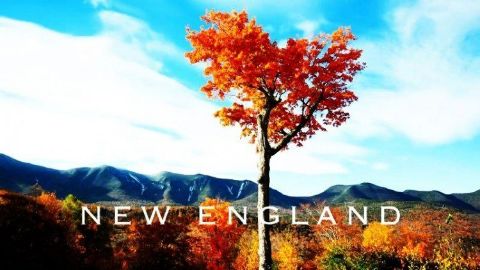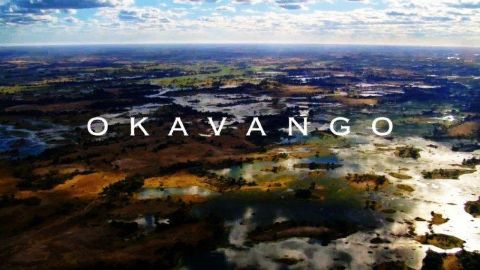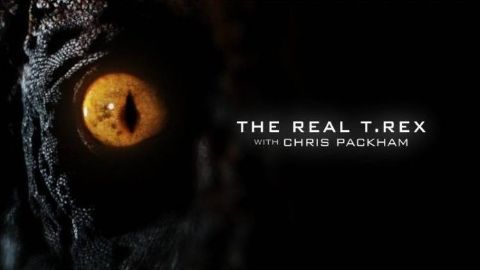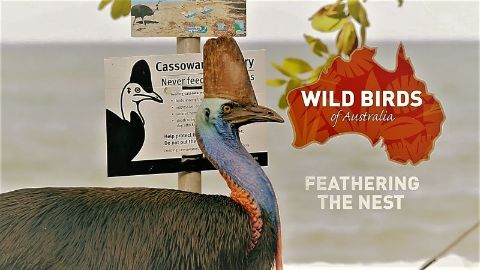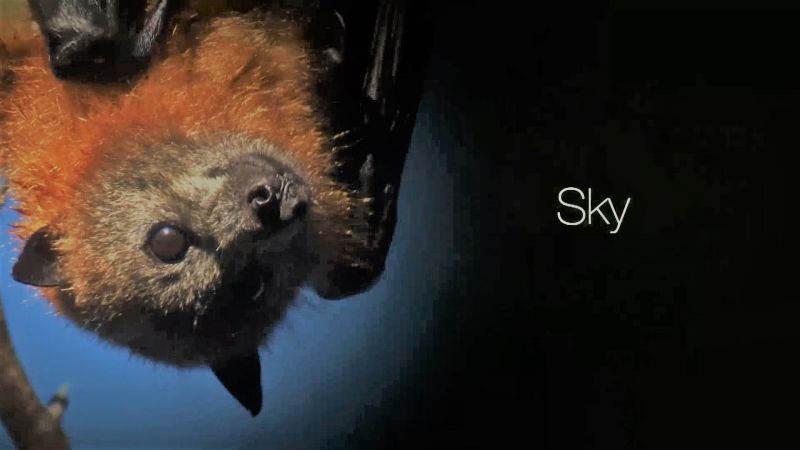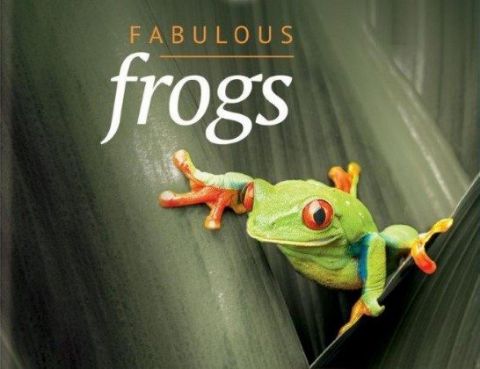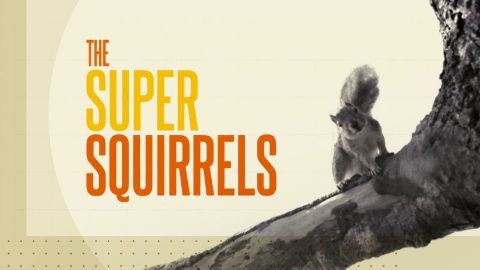New England • 2016 • episode "S1E1" • Earth's Greatest Spectacles
New England is the stage for the most incredible colour change on earth, when the vivid greens of summer give way to the gold’s and reds of autumn. This film reveals how this vibrant fiesta is created by the battles between the trees and the forests' inhabitants. Moose, chipmunks, rattlesnakes and a bizarre mixture of caterpillars all play a crucial role, but surprisingly the forest itself was made so colourful thanks to a combination of hard work by beavers, ants and humans.
Make a donation
Buy a brother a hot coffee? Or a cold beer?
Hope you're finding these documentaries fascinating and eye-opening. It's just me, working hard behind the scenes to bring you this enriching content.
Running and maintaining a website like this takes time and resources. That's why I'm reaching out to you. If you appreciate what I do and would like to support my efforts, would you consider "buying me a coffee"?
Donation addresses
BTC: bc1q8ldskxh4x9qnddhcrgcun8rtvddeldm2a07r2v
ETH: 0x5CCAAA1afc5c5D814129d99277dDb5A979672116
With your donation through , you can show your appreciation and help me keep this project going. Every contribution, no matter how small, makes a significant impact. It goes directly towards covering server costs.
